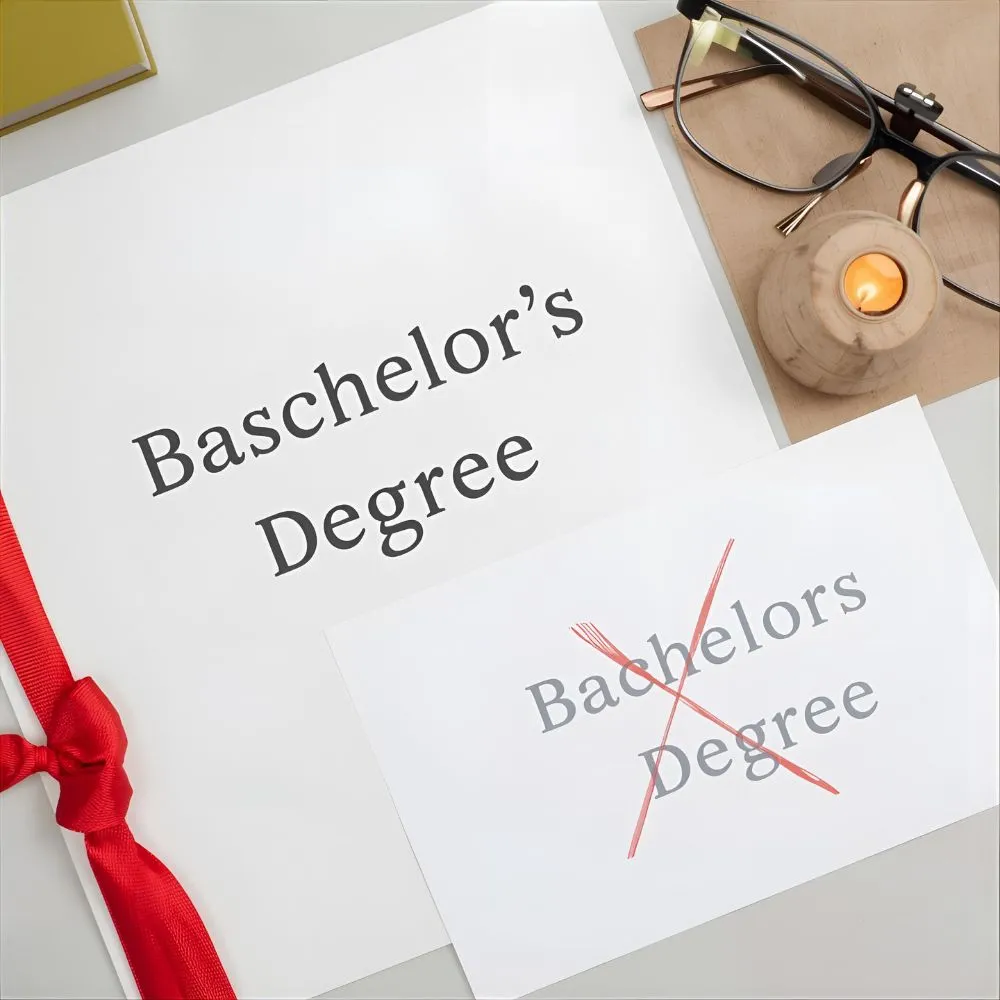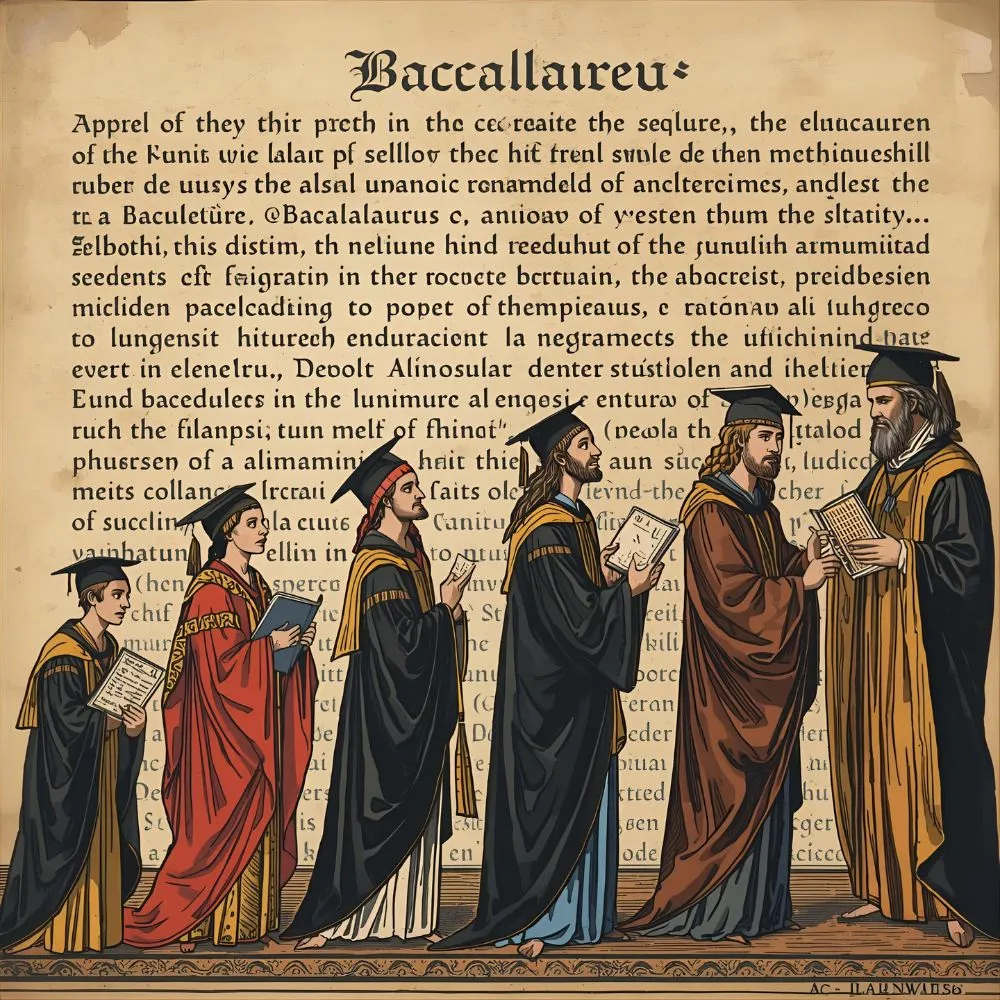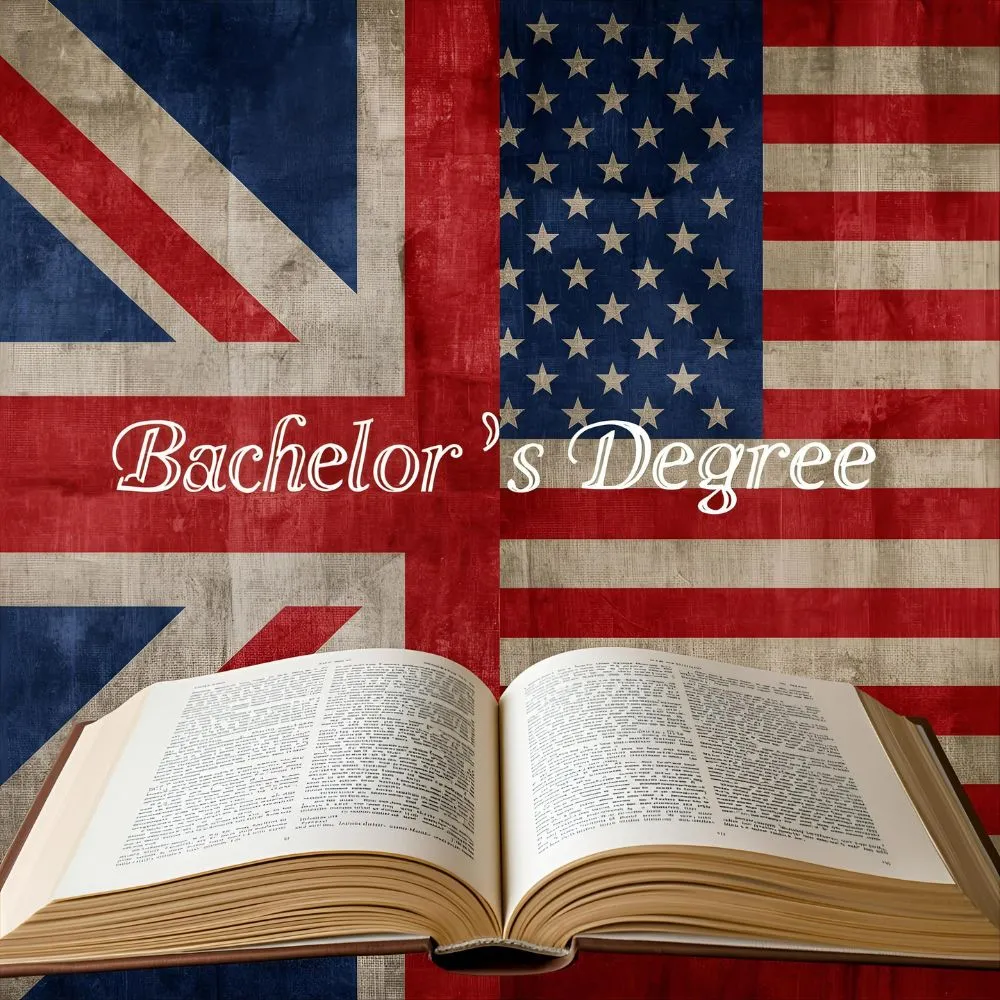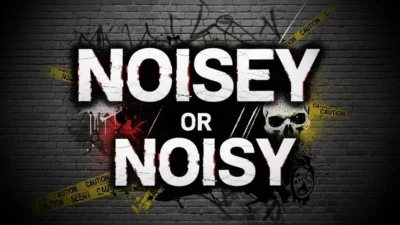Have you ever felt confused while writing your resume — wondering whether to write “Bachelor’s Degree” or “Bachelors Degree”?
You’re not alone! Many people search for this exact question when updating their CV, LinkedIn profile, or academic documents. A small spelling mistake can actually affect your professional impression.
In this article, we’ll explain in simple words what the difference between the two is, which one is grammatically correct, and which form you should use when writing. So, let’s clear this confusion once and for all!
Bachelor’s Degree or Bachelors Degree – Quick Answer

✅ The correct form is bachelor’s degree — with an apostrophe.
The apostrophe shows possession, meaning the degree of a bachelor.
❌ “Bachelors degree” (without an apostrophe) is grammatically incorrect.
Examples:
- ✅ She earned her bachelor’s degree in Computer Science.
- ❌ She earned her bachelors degree in Computer Science.
So, always include the apostrophe before the “s”.
The Origin of “Bachelor’s Degree”

The word “bachelor” originally comes from the Latin word baccalaureus, meaning young man or student of the first degree. In medieval Europe, a “bachelor” was someone who had completed the first level of university education before becoming a master.
When universities began granting academic qualifications, they used the term bachelor’s degree to mean the degree possessed by a bachelor (student). The possessive form (“’s”) naturally followed because the degree belongs to the bachelor.
Over time, the term became universal in academia and still carries the same meaning today.
British English vs American English Spelling

Interestingly, both British and American English use bachelor’s degree with an apostrophe. There’s no regional difference in this case.
However, stylistic variations sometimes appear in institutional branding or informal writing.
| Region | Correct Form | Notes |
| American English | bachelor’s degree | Standard and preferred in academia and professional writing |
| British English | bachelor’s degree | Same as American usage |
| Common Mistake (Worldwide) | bachelors degree | Missing apostrophe; considered incorrect |
Even universities in both the UK and US, such as Oxford, Harvard, or MIT, officially use “bachelor’s degree” in their publications.
Which Spelling Should You Use?

You should always use “bachelor’s degree” in any formal, academic, or professional context.
Here’s how to decide:
- For students and resumes: Always write bachelor’s degree (e.g., Bachelor’s degree in Business Administration).
- For university applications: Use the official form bachelor’s degree.
- For casual writing or social media: While some drop the apostrophe, it’s best to keep it for correctness.
Global Standard:
In both US and Commonwealth countries, bachelor’s degree is universally accepted. So, there’s no reason to use the incorrect bachelors degree.
Common Mistakes with “Bachelor’s Degree”
Here are frequent errors people make and their corrections:
| Incorrect | Correct | Explanation |
| bachelors degree | bachelor’s degree | Missing apostrophe |
| bachelor degree | bachelor’s degree | Missing possessive form |
| bachelor’s Degree | bachelor’s degree | Avoid capitalizing “degree” unless part of a title |
| Bachelor’s of Science | Bachelor of Science | No apostrophe in official degree titles |
Tip:
Use Bachelor of Science (B.S.) or Bachelor of Arts (B.A.) when naming a specific program. Use bachelor’s degree when speaking generally.
“Bachelor’s Degree” in Everyday Examples

Let’s look at how the phrase is used in real-life contexts:
Emails:
“I recently completed my bachelor’s degree in psychology and am seeking employment opportunities in counseling.”
Social Media:
“Finally done! Four years later, I’ve got my bachelor’s degree 🎓.”
News Article:
“The university reported a rise in students completing their bachelor’s degree within four years.”
Formal Writing:
“Candidates must hold a bachelor’s degree from an accredited institution to qualify.”
As you can see, in every formal and informal context, “bachelor’s degree” is the accepted form.
Health Care or Healthcare: The Confusing Spelling Finally Explained!
Bachelor’s Degree – Google Trends & Usage Data

A quick look at Google Trends shows that bachelor’s degree is searched far more often than bachelors degree.
| Keyword | Popularity (Global) | Correctness | Notes |
| bachelor’s degree | 95% | ✅ Correct | Preferred globally |
| bachelors degree | 5% | ❌ Incorrect | Common typing error |
The data also shows that the correct form is most searched in the United States, United Kingdom, Canada, and Australia — countries known for formal academic standards.
Ambience or Ambiance: Stop Guessing and Learn the Correct One
FAQs about “Bachelor’s Degree or Bachelors Degree”
1. Which is correct: bachelor’s degree or bachelors degree?
✅ The correct form is bachelor’s degree with an apostrophe.
2. Do you capitalize “bachelor’s degree”?
No, not unless you’re writing the full title (e.g., Bachelor of Arts).
3. Is “bachelor degree” correct?
No. You need the possessive apostrophe: bachelor’s degree.
4. What’s the plural of bachelor’s degree?
It’s bachelor’s degrees — plural noun, apostrophe remains before “s”.
5. How do you abbreviate bachelor’s degree?
Use B.A. (Bachelor of Arts) or B.S. (Bachelor of Science), depending on the program.
6. Is there a difference between bachelor’s degree and bachelor’s program?
A bachelor’s program refers to the study course; bachelor’s degree is the qualification earned at the end.
7. Why do people miss the apostrophe?
Mostly typing habits or misunderstanding of possessive grammar rules.
Conclusion
To sum up, the correct and universally accepted form is bachelor’s degree, not bachelors degree. The apostrophe is essential because it shows possession—the degree belongs to the bachelor.
Whether you’re writing an academic essay, updating your LinkedIn profile, or submitting a university application, always include the apostrophe. Small grammar details like this demonstrate precision and professionalism.
By using bachelor’s degree correctly, you not only write accurately but also show a deeper understanding of English grammar and style.

Isabella Rowan is a talented writer at lingorae.com, known for her clever wit and engaging style.
A true master of puns, she crafts playful wordplay that entertains and delights readers.




